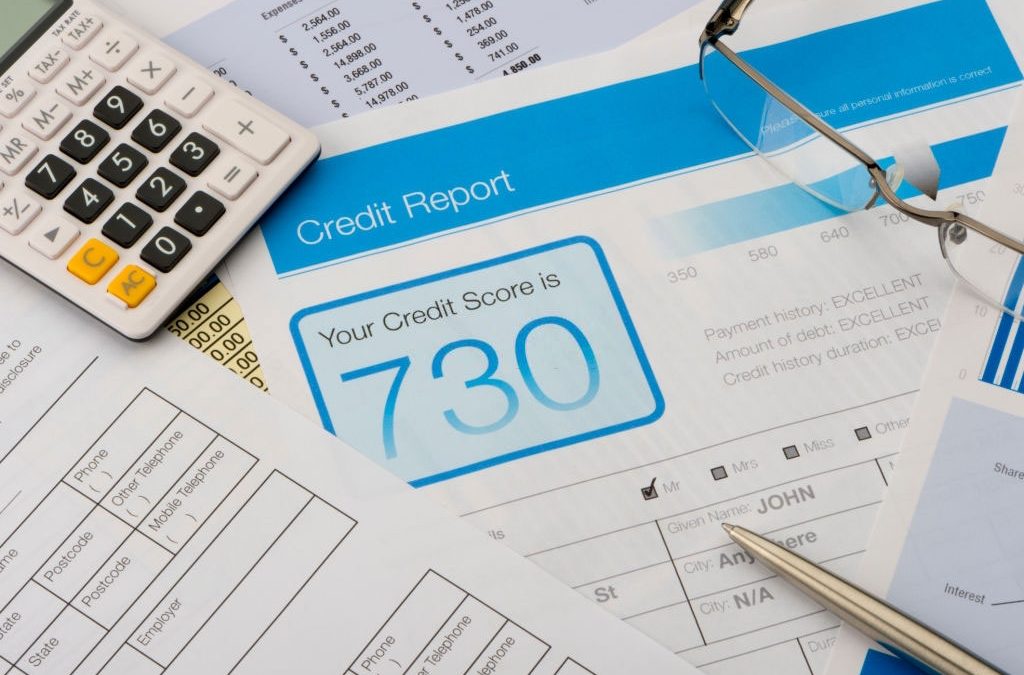The Truth about Credit Reporting is out and it is not pretty. You might have been shocked to learn that you were not a victim of identity theft for the last seven years. Maybe you thought your scores were OK, but then a couple of days ago, they were lowered by one point. Or maybe you were surprised to find out that your scores have dropped by half in only one year. Not only do you need to know about Credit Reporting, but you need to know where to find it.
Everyone seems to have access to a credit score these days, but not everyone knows how to read it or use it properly. Most people rely on the credit scores offered by TransUnion, Equifax, and Experian to help them decide what their scores are. Unfortunately, these credit scores are only as good as the data they are pulled from. If you’ve been a victim of identity theft or if your scores have been lowered, you need to take action immediately. In this article, we’ll tell you about credit reporting and what steps you should be taking to protect yourself.
First, when it comes to Credit Reporting, one fact that remains is that you can not trust your credit reports to just anyone. According to the Financial Times, “many consumers are still unclear about the right to access their own credit reports, even as several major companies make it hard to get any more information at all.” The article goes on to say that there are laws in place now that protect consumers, but they’re still not fully understood by most people.
So how does one go about protecting themselves? Well, it’s really simple: if you want to keep your credit score high, you need to know where to get good credit score repair help. The author of the article suggests reading Consumer Reports on Credit Report (CRR) because it’s the best source for knowing how your credit score is calculated. According to the article, “the majority of firms use CRR… to calculate your credit score… if they use the same methods, that’s good.”
The importance of this step cannot be underestimated. If your credit reports are filled with inaccuracies, you can not improve your credit scores through any other means. You must first know which areas of your reports are inaccurate so you can take necessary steps to get them corrected. When it comes to credit cards, the author recommends “always pay on time” and “make any timely payments through the mail, your telephone or online.”
In addition, another thing you should do to protect your credit score is to get copies of your credit reports from each of the three major credit reporting agencies. Once you’ve done this, look over the reports carefully and see if there are any errors. If there are, dispute them with the credit card companies. It is a good idea to write and contest items that are incorrect as well. This is one of the best ways to improve your free credit score.
The author also recommends that you use one or more of the free credit score services available. These services are very easy to use, don’t cost any money and can really help you increase your credit scores significantly. In fact, the author strongly recommends using one of these services because they offer real-world data instead of hearsay or “snake oil” information. We recommend Experian, Equifax and TransUnion because they have the biggest databases and they update their databases frequently.

